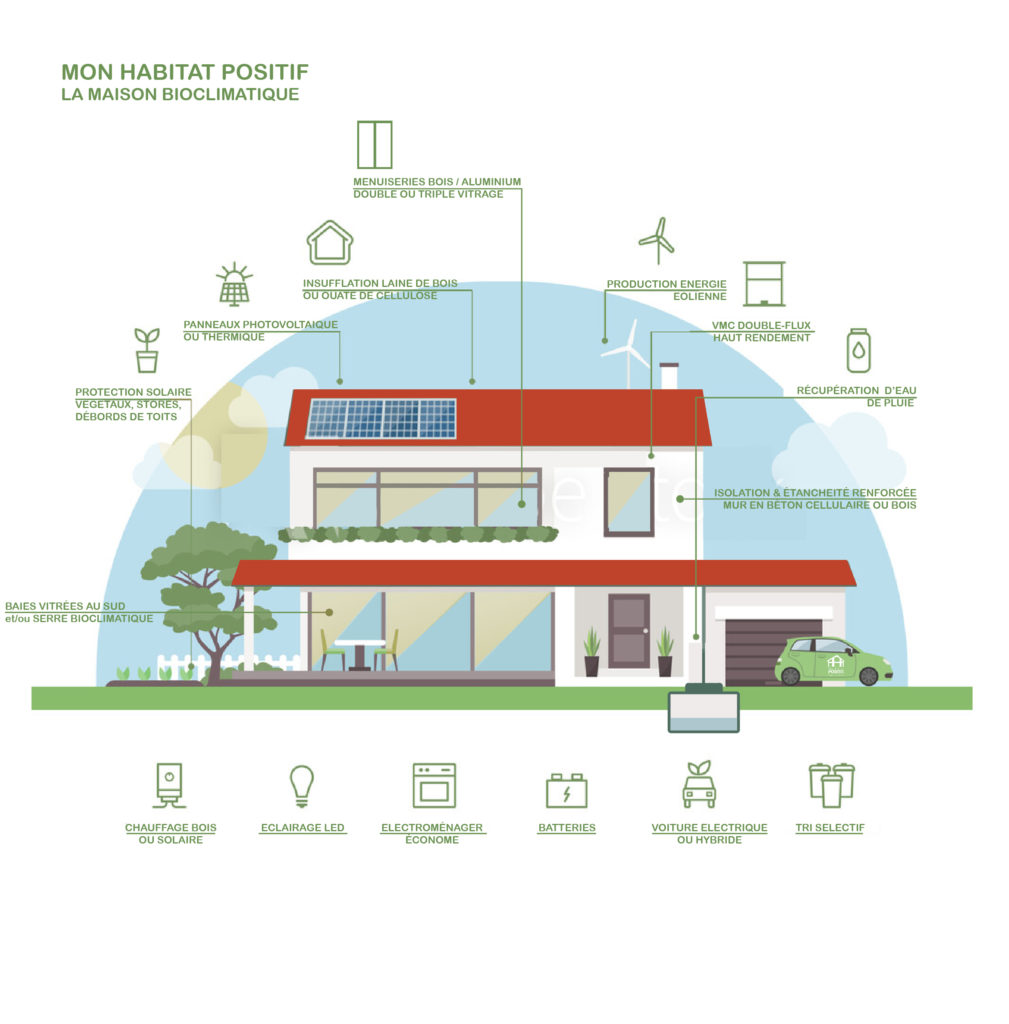back
Self-Sufficient Cities

Self-sufficient cities are quite a futuristic idea, where each city could manage on its own for its needs, such as food, energy, and even water, without having to depend on other places. This model is a response to the depletion of natural resources, as we know that excessive exploitation of resources has caused global warming, deforestation, and soil loss. The idea is to react before it is too late by seeking local solutions that respect the environment.
To achieve this, several practices are possible. For example, urban agriculture would allow people to grow their own food in the city, such as on rooftops or in vertical farms, which would avoid having to transport products over long distances and reduce greenhouse gas emissions.
Self-sufficient cities are quite a futuristic idea, where each city could manage on its own for its needs, such as food, energy, and even water, without having to depend on other places. This model is a response to the depletion of natural resources, as we know that excessive exploitation of resources has caused global warming, deforestation, and soil loss. The idea is to react before it is too late by seeking local solutions that respect the environment.
There are also renewable energies like solar or wind, which could cover the energy needs of city dwellers without polluting. Initiatives like collective water management or using waste to produce energy would also make cities more sustainable.
Self-sufficient cities are quite a futuristic idea, where each city could manage on its own for its needs, such as food, energy, and even water, without having to depend on other places. This model is a response to the depletion of natural resources, as we know that excessive exploitation of resources has caused global warming, deforestation, and soil loss. The idea is to react before it is too late by seeking local solutions that respect the environment.

But even if the idea of total self-sufficiency seems cool, it is still far from being possible. To achieve all this, a lot of investment and real cooperation between residents, businesses, and authorities would be needed. For example, some cities trying to produce their own energy face problems like storing excess energy or maintaining installations.
Self-sufficient cities are quite a futuristic idea, where each city could manage on its own for its needs, such as food, energy, and even water, without having to depend on other places. This model is a response to the depletion of natural resources, as we know that excessive exploitation of resources has caused global warming, deforestation, and soil loss. The idea is to react before it is too late by seeking local solutions that respect the environment.
Overall, although the self-sufficiency of cities is a good solution to combat environmental problems, it is not for tomorrow. It will surely take years before this model is really applied on a large scale.
Self-sufficient cities are quite a futuristic idea, where each city could manage on its own for its needs, such as food, energy, and even water, without having to depend on other places. This model is a response to the depletion of natural resources, as we know that excessive exploitation of resources has caused global warming, deforestation, and soil loss. The idea is to react before it is too late by seeking local solutions that respect the environment.

